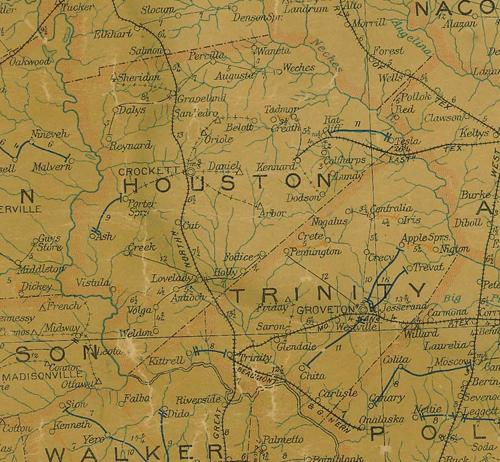Ratcliff, Texas, Houston County sawmill town. (original) (raw)
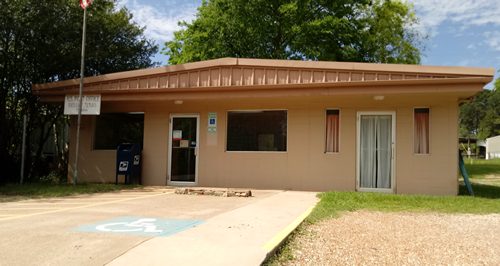
History in a Pecan Shell
The town came into being with the arrival of a wagon train from Georgia in 1875. Jesse H. Ratcliff, built a sawmill here in the mid 1880s. The post office opened in 1885 (see Ratcliff 1887 postmark below) and named in Ratcliff's honor. Ratcliff sold his mill in 1901 to the Central Coal and Coke Company. This new operation evolved into a huge lumber operation known by the four Cs in it's name - The
The population swelled to 5,000 people and Ratcliff was spared the fate of many East Texas towns because of the size of the milling operations. But as the forests were cut, the writing was on the wall for Ratcliff. By 1920 almost all of the trees had been cut. The town declined until a reforestation project was launched in the 1930s. Davy Crockett National Forest was established and the Ratcliff Recreation Area opened.
Ratcliff has two Texas historical markers: one for the town and another for the Four C Mill.
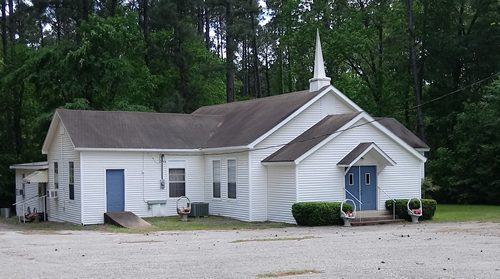
Historical Marker:
RATCLIFF
About 1875, a 32-wagon train of settlers came here from Georgia. Jess H. Ratcliff (1844-1920) built a sawmill about 1855, drawing more people. Post office opened 1889 (webmaster's note: correct date is 1885, see Ratcliff 1887 postmark below) with Ratcliff as postmaster, and town soon had several stores. Professional men included Drs. H.L. McCall and Jake Jackson. Sold 1901 to Louisiana and Texas Lumber Co., then to Central Coal and Coke Co., sawmill became a vast complex, running until 1917, when it closed. Turning to logging or other enterprises, the community survived, although many residents moved away. The Ratcliff schools consolidated (1955) with Kennard.
1972
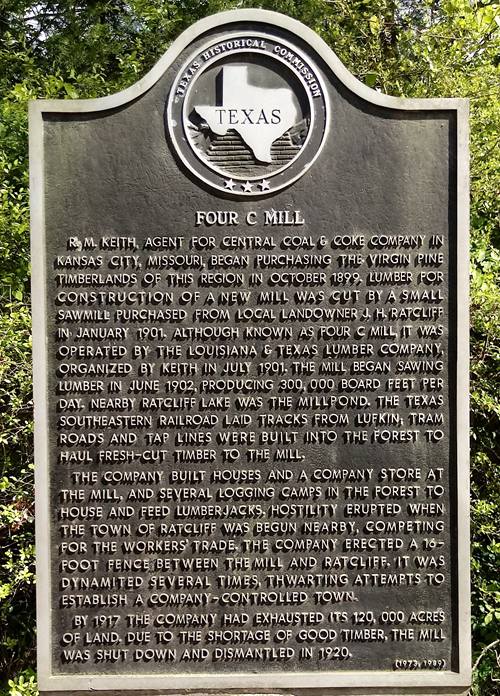
Four C Mill Historical Marker
On State Hwy 7, 0.5 mile W of Ratcliff
Photo courtesy Dustin Martin, April 2018
Historical Marker:
FOUR C MILL
R.M. Keith, agent for Central Coal & Coke Co., Kansas City, Mo., in Oct. 1899., began purchasing the virgin pine timberlands of this region. Lumber for construction of a new mill was cut by a small sawmill bought by Keith, Jan. 10, 1901, from local landowner, J.H. Ratcliff. Although known as"Four C" mill, it was operated by the Louisiana and Texas Lumber Co., organized by Keith in July 1901. The mill began sawing lumber in June 1902, producing 300,000 board feet per 11-hour day. The Texas Southeastern Railroad laid tracks from Lufkin; tram roads and tap lines were built into the forest to haul fresh-cut timber to the mill.
The company built houses and a "company store" at the mill, and several logging camps in the forest to house and feed lumberjacks. Hostility erupted when Town of Ratcliff was begun nearby, competing for the workers' trade. Between the mill and Ratcliff the company erected a 16-foot fence, which was dynamited several times, thwarting the attempts to establish a company-controlled town.
By 1917, the company had exhausted the 120,000 acres it had purchased. The mill was shut down and dismantled in 1920, due to shortage of good timber. Nearby Ratcliff Lake was the Four C millpond.
1973
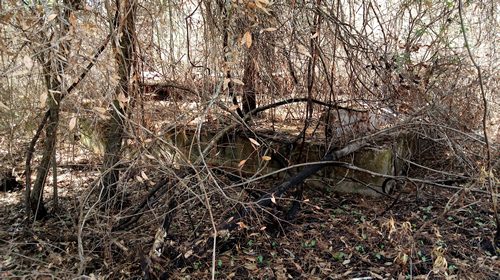
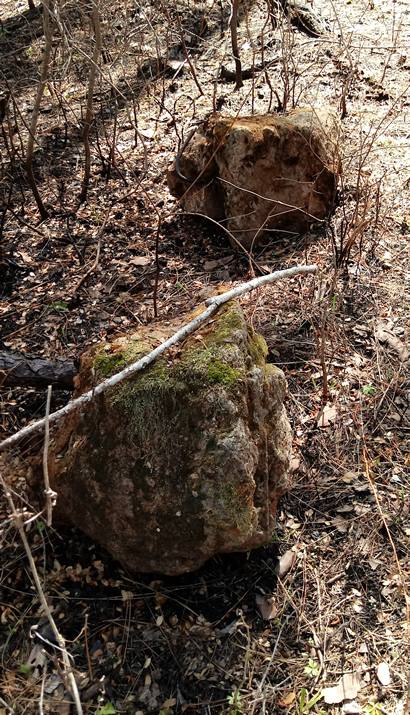
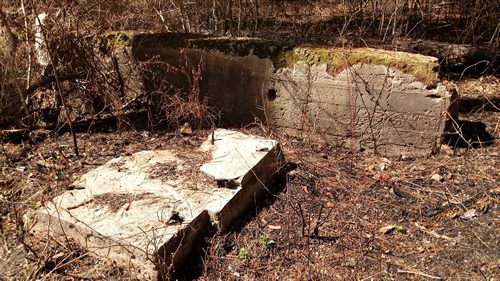
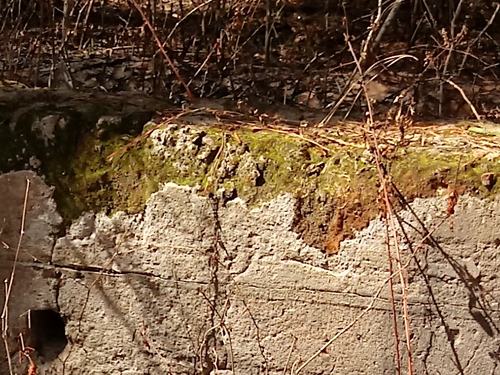
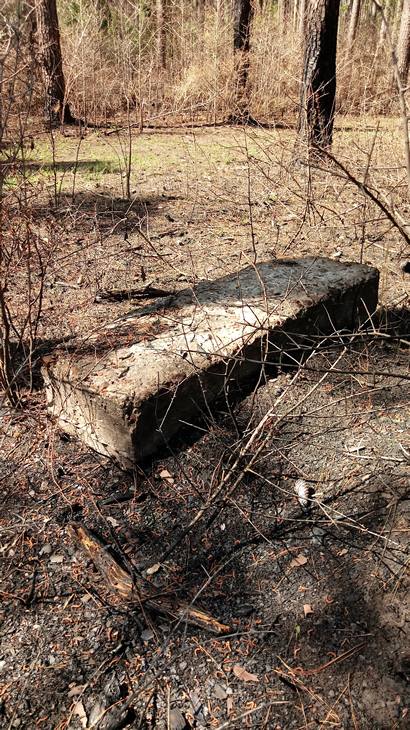
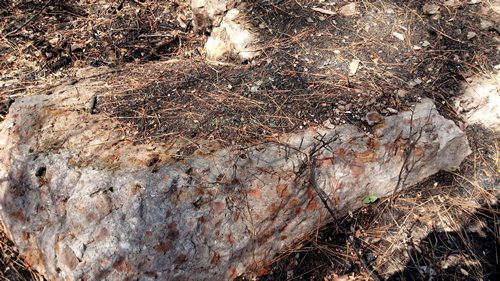
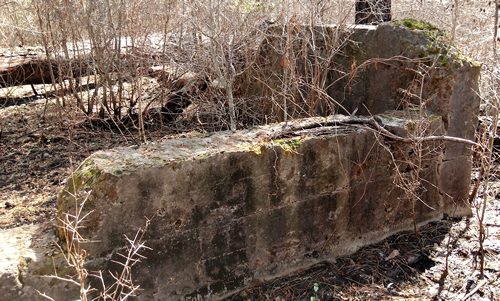
Dog trot houses by Bob Bowman
"...Few of the old-time dog trot homes are left in East Texas... [A] well-preserved dog trot house near Ratcliff in Houston County. It was a beauty to behold, framed by crepe myrtles and cedar trees..."

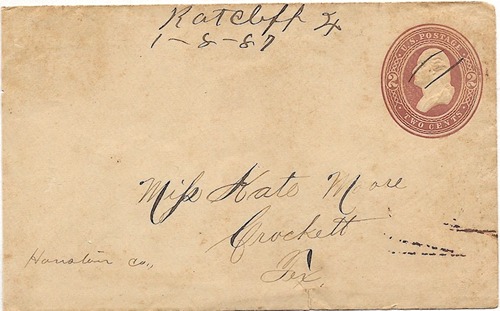
Texas Escapes, in its purpose to preserve historic, endangered and vanishing Texas, asks that anyone wishing to share their local history and vintage/historic photos, please contact us.
